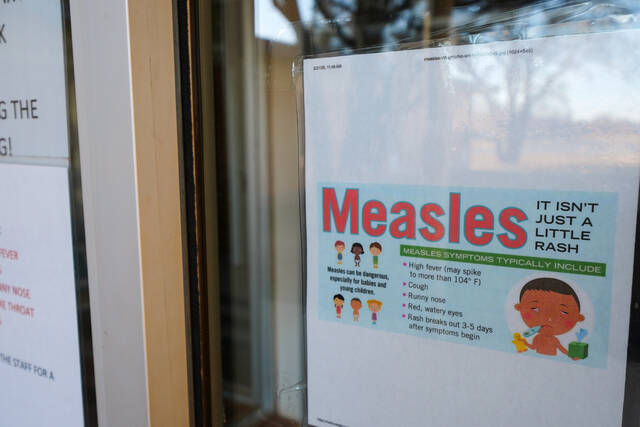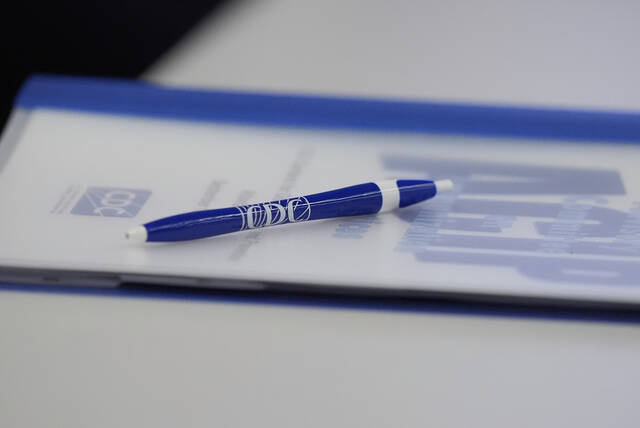Women will have an alternative Pap smear option starting this fall, the New York Times reported.
The new option is a swab to screen for cervical cancer, rather than the speculum, which has been the norm during Pap smear examinations.
The Times said a Pap smear requires a patient’s legs to be held apart with stirrups and a cold metal device, the speculum, to be inserted, while a physician scrapes cells from the cervix.
“Even when acute pain isn’t an issue, research suggests that, for many, Pap smears are uncomfortable, for a complex set of physical and emotional reasons,” according to the Times.
The new swab option will allow women to self-collect a sample while in the doctor’s office — similar to a swab used during a covid-19 test, the Times said.
Once samples are collected, labs test for strains of HPV, most likely to cause cervical cancer, according to the Times.
The new method was approved by the U.S. Food and Drug Administration in May, USA Today reported.
“It’s to reach women who traditionally haven’t been reached,” said Jeff Andrews, vice president of medical and scientific affairs at BD, one of the makers of the new method, according to USA Today.
Dr. Anne-Marie Amies Oelschlager, an OB/GYN professor at the University of Washington and chair of the clinical consensus gynecology committee at the American College of Gynecologists and Obstetrics, said there are many reasons someone might want to avoid a pelvic exam, such as stress from a prior exam, pain due to a possible health condition or a history of sexual abuse, USA Today reported.
“Self-screening would be one way for them to have more control over what happens to them in that part of the exam,” Oelschlager said, according to USA Today.
Andrews said there are plans in place to eventually offer an at-home testing option, USA Today said, and Roche, another provider whose product was approved, also plans to consider an at-home option.
Other countries already using the self-collection method in office include Australia, Denmark, the Netherlands and Sweden — with “great success,” the Times reported.
“Two decades of research suggest this method is as effective at preventing cervical cancer as traditional Pap tests for women 25 and older,” the Times said.
Cervical cancer is the fourth most common form of cancer among women globally, according to the World Health Organization, USA Today reported.
In the U.S., most of the 13,000 new cases of cervical cancer diagnosed each year are among people who weren’t screened in the previous five years, according to the U.S. Centers for Disease Control and Prevention.
By 2030, the WHO hopes screening can be expanded worldwide so that 70% of women are screened by the age of 35 and again by the age of 45.
Oelschlager said screening for cervical cancer is most often missed by people in rural areas or members of the LGBTQ community, USA Today reported.








